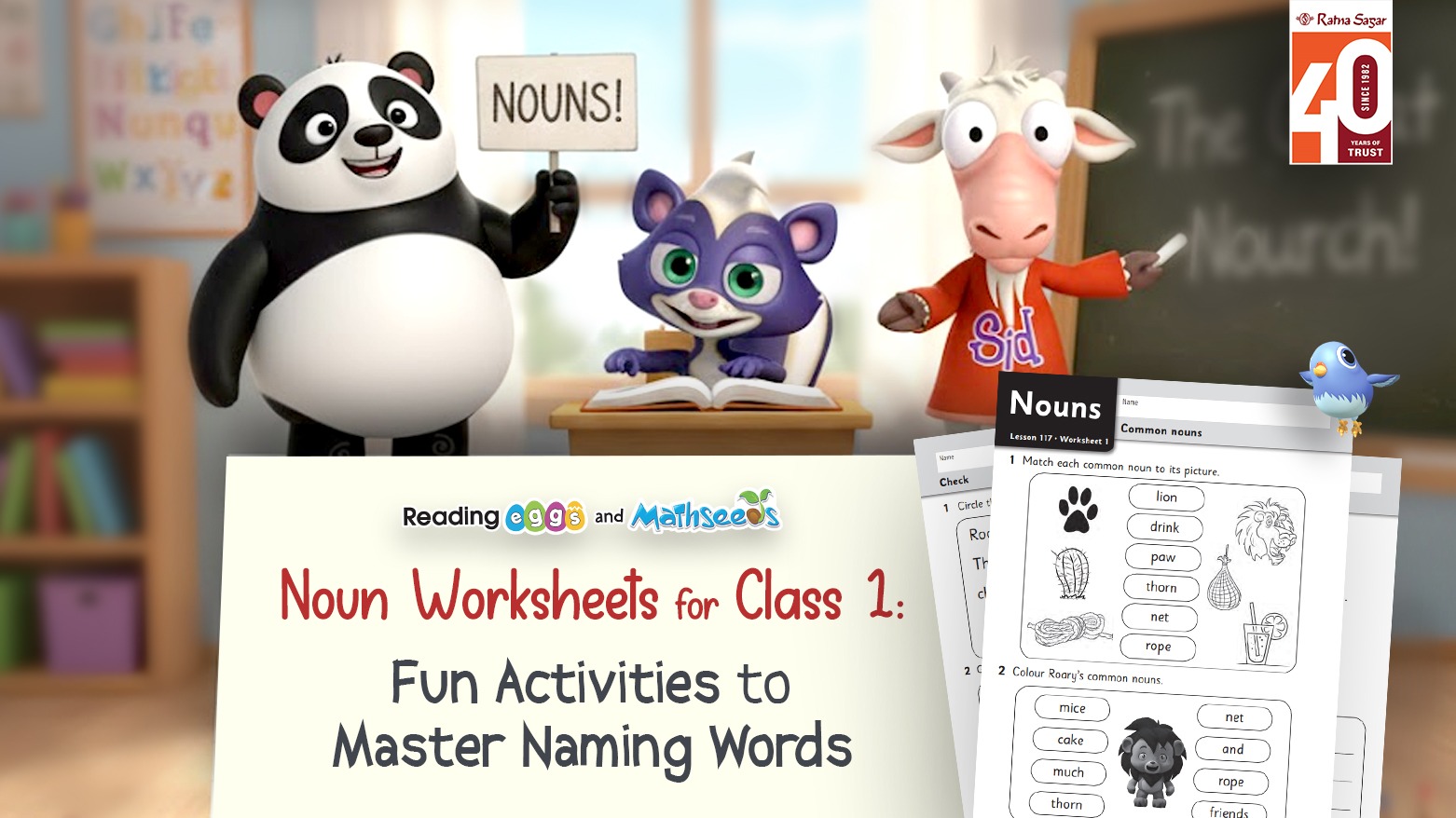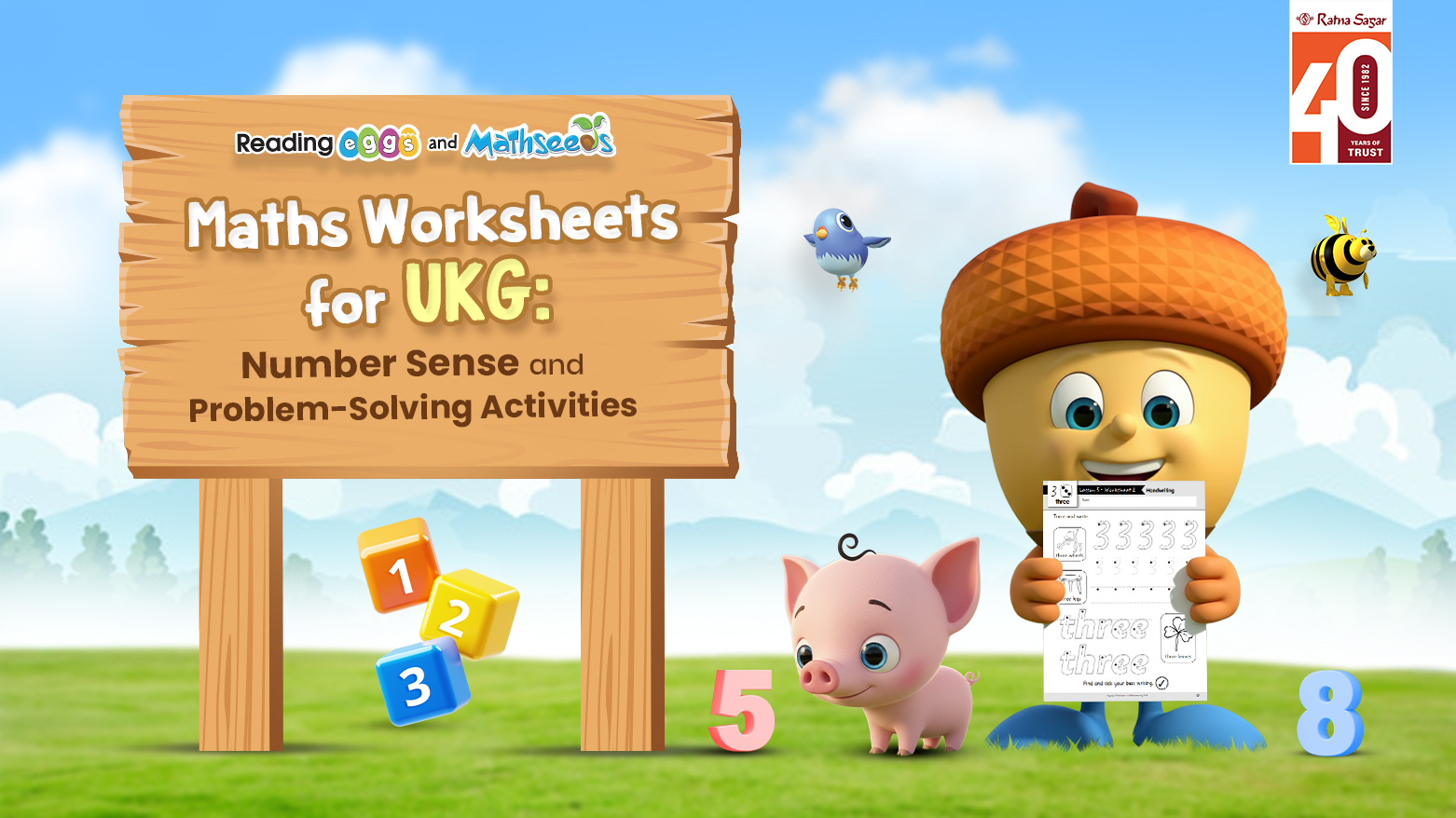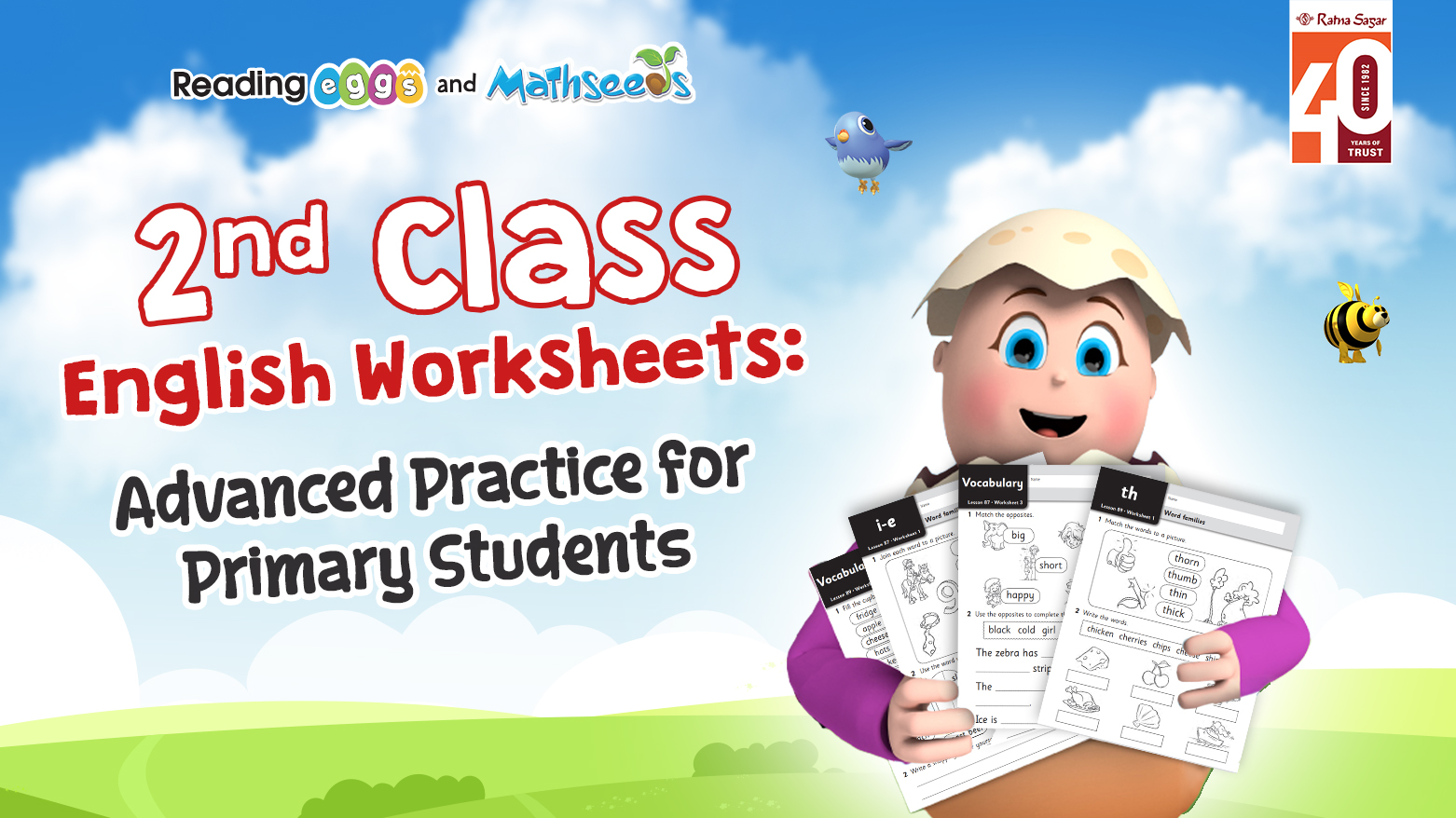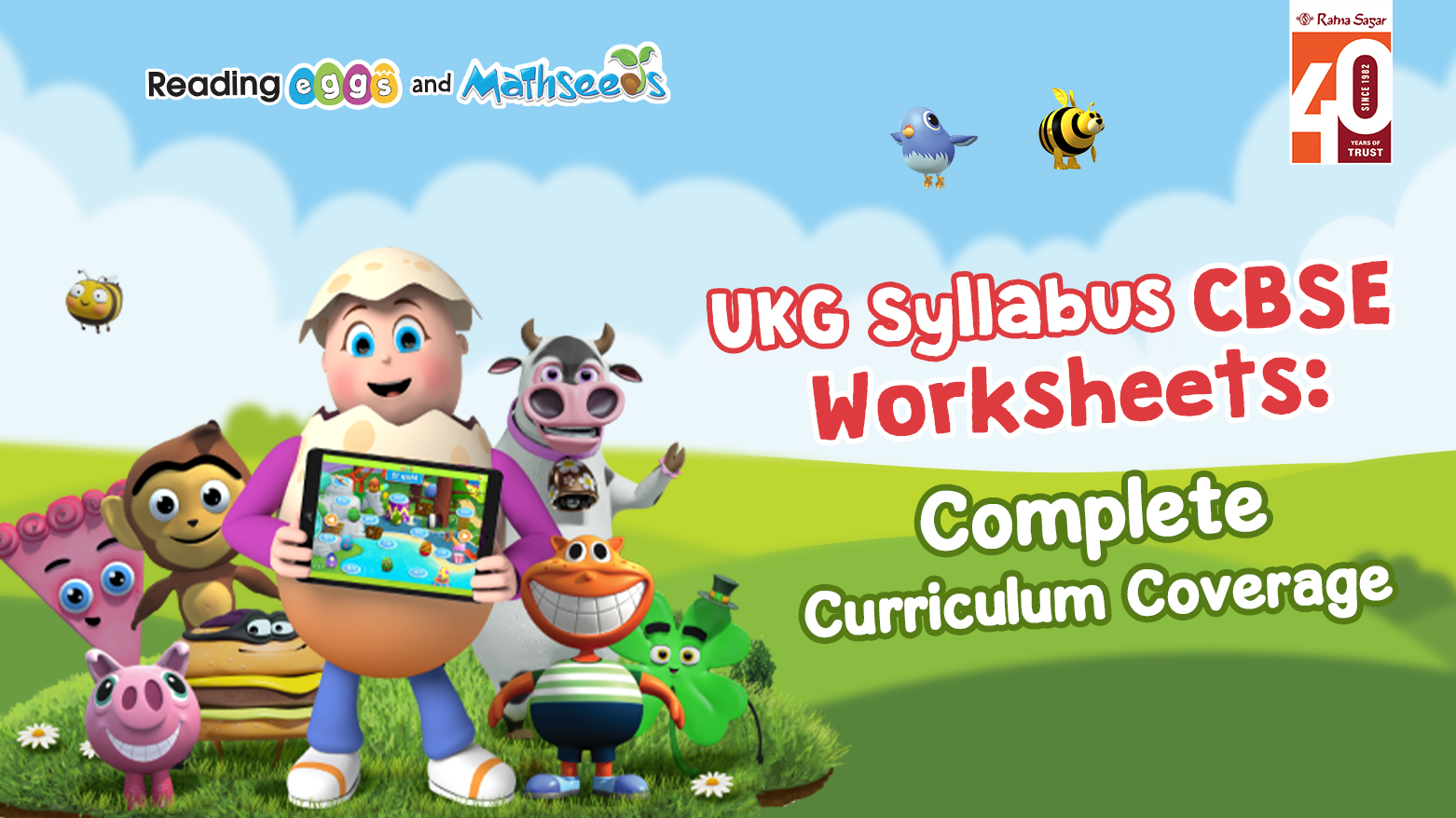
How to Teach Phonics to Preschoolers:...
Unlock phonics magic for preschoolers! Free nursery/KG worksheets: trace, match, CVC blend. 10-min fun with...
Read More
Phonics Worksheets for Nursery: The Ul...
Phonics worksheets for nursery help children build strong early reading skills. Discover how to teach...
Read More
Noun Worksheet for Class 1: Fun Activi...
Make learning nouns fun for Class 1 students with engaging worksheets, games, and CBSE-aligned activities....
Read More
Maths Worksheets for UKG: Number Sense...
Build strong number sense in young learners with engaging maths worksheets for UKG and nursery...
Read More
2nd Class English Worksheets | CBSE Al...
Help Class 2 students build strong English skills with CBSE-aligned worksheets for grammar, reading comprehension,...
Read More
UKG Syllabus CBSE Worksheets: Free PDF...
Discover UKG syllabus CBSE worksheets covering English, Maths, EVS, and GK. Download free PDFs aligned...
Read MoreRecent Posts

How to Teach Phonics to Preschoolers: A Complete Guide for Parents and Educators
06/02/2026
Phonics Worksheets for Nursery: The Ultimate Guide to Teaching Early Reading Skills
04/02/2026
Noun Worksheet for Class 1: Fun Activities to Master Naming Words
02/02/2026
Maths Worksheets for UKG: Number Sense and Problem-Solving Activities
22/01/2026
2nd Class English Worksheets | CBSE Aligned | Reading Eggs and Mathseeds
16/01/2026